Three years into my romance writing journey, I've learned that writing your truth is the most important thing
I write my truth.
In the beginning, I didn't plan on being a published author. I wrote Voice of innocence partially to prove to myself I could write a book and partially because Emma and Corbin's story wouldn't stop haunting me. Still, from the beginning, this writing journey hasn't been about writing what will sell or what people want to hear. It's about telling the story that's inside. It's about telling the journey of the characters who often take on a life of their own. It's about writing my truth. As I grow as I writer, I'm coming to learn that just like in life, not everyone will love everything about you or your work. Some books just aren't for everyone, and that's okay. It's what I love about literature, and it's part of the beauty of it. We all read literature in different ways. Some books connect with us. Some don't. So, as I continue writing stories, I continue to write my truth. My characters sometimes do things that bother readers. They are sometimes indecisive, they make mistakes, they get confused. They are sometimes vulnerable, naive, and blinded by love. My stories are sweet, but they've got their spice. Some might be bothered by the lack of sex in my books. Some might be bothered by my tendency to curse... because in my experience, women curse. A lot sometimes. It makes my characters feel real to me. At the end of the day, I hope you connect with my stories. I want my readers to find themselves in my books. I pride myself on making readers connect emotionally with my stories, with my characters, and with their journeys to love. The proudest moments in my career are when a reviewer or reader says, "I really connected with that character." It's the best feeling in the world. However, I also don't write with marketing in mind. I write the story I feel, the story inside. I write the words that strike me, that move me. I write about the love stories and plots and situations that haunt me. I write my truth, just like I try to live it. At the end of the day, as a writer, I think that's the best lesson we can learn... write your truth. Write your passion. And, if you're fortunate, your truth will speak to someone else. Isn't that the true magic of writing? Xoxo, Lindsay Detwiler Are you following me on Facebook? Come join me for giveaways and talk about genuine, sweet love.
1 Comment
“I’m really done this time,” I bellowed through snot and tears as my husband drove us through the infernal rainstorm toward home. We were soaking wet, freezing, and most of all, disheartened. As a small-time romance writer, I’d set my hopes and dreams on this book festival. I’d prepared for months for what I imagined was my chance to breakout and meet new readers in a different state. I’d printed my handouts, gathered giveaway supplies, and advertised. I’d found a new sense of positivity and founded my hopes of growing as an author on this weekend event set to draw in thousands. In short, this was going to be my moment to shine and to get my career off the ground. Instead, after hours of driving, we arrived at a festival quite literally washed out by an all-day rainstorm. Rain pelted us from every direction as we lugged our supplies into the “rain or shine” event. Under a rickety tent in the back corner of the festival near the bathrooms, my husband and I sat in the midst of a barren wasteland of a literary festival. We spent our entire day shaking from cold and watching a few stragglers wander by our leaking tent. We watched my dreams wash away into the overabundant puddles. We only sold two books that day, one being a fellow author who took pity on us in our own tent. In my mind, the day was symbolic of my writing career—a wash. I’d been through a roller coaster of emotions as I navigated the sometimes-hopeless publishing world. My passion for writing was threatening to fade away. That literary festival only underscored my beliefs. Thus, on the way home, tears mixing with rainwater and the feel of failure weighing heavy on my shoulders, I turned to my husband and vowed I was done. I was putting down the pen, stowing away the unfinished manuscripts, and quitting writing. Calmly, with a strength in his voice, my also exhausted husband turned to me. “No, you’re not.” The tears quieted, and confusion took over the sadness. How could he say that? He’d also spent the entire day in the torrential rain, had spent his entire weekend on yet another failed author event. “Today was a waste of time. I can’t keep doing this,” I uttered. “It’s not a waste of time. It’s your passion. It rained today and we didn’t do as well as we hoped. So what? Someday, you’ll look back on this and laugh. Just keep going.” It wasn’t a well-written monologue with fancy sentiments. My husband uttered a few lines that to anyone else would have seemed meaningless. But to a writer struggling with confidence and resolve, these were the words I needed. They kickstarted a drive in me to keep going and to smile through the journey. They made me realize that overnight success wasn’t the goal. The goal was to learn and grow, to appreciate every step and misstep along the way. Now, a year and a half later, I look back on that rainy, gloomy day and realize it wasn’t a waste of time. That day was the day I realized no matter what types of deluges I had to sit through, my husband would be by my side, cheering me on in this journey to chase my dreams. For every writer, this is the most important thing to find—that one person who, even in a rainstorm, will be your cheerleader and motivation. To get more writing advice, be sure to sign up for my newsletter above.  Once and for All by Sarah Dessen Once and for All by Sarah DessenMy rating: 5 of 5 stars "You can't measure love by time put in, but the weight of those moments. Some in life are light, like a touch. Others, you can't help but stagger beneath." Once and for All is a beautiful, engaging young adult romance about moving on, tragedy, and hope. I adored the overall plot and the beautiful weaving of two different timelines together. Louna's mother and godfather run a wedding planning business, so she's grown up around love and talks of forever. However, because of a serious tragedy, Louna doesn't actually believe in forever. When Ambrose is hired by Louna's mother to help out with the business for a summer, however, everything Louna thinks she knows about life and love might change. Louna's character is the perfect balance of quirky and hesitant. I loved how dynamic she felt and how she changed through the book. Although this is a young adult novel, I felt connected with her character because she felt very mature. This is probably because at a young age, she experienced tragedy most adults couldn't even begin to imagine. This maturity allowed me to connect with her even though she is in her twenties. I loved the supporting cast of characters in this book as well. They are all well-developed and memorable. The story moves at a perfect pace, allowing you to languish in the beautiful prose but also to feel like the story is filled with events. Sarah Dessen incorporates flashbacks seamlessly that help explain who Louna is. This is, by far, my favorite young adult romance because it has the depth and sincerity of an adult novel while dealing with the unique issues of teenage romance. Sarah's writing style is gorgeous and captivating. There are so many beautiful lines in the book. I wish the bonus scene had been more in-depth because I wanted to hear more about the story and where it went. However, this book is definitely a five-star novel and, in my opinion, flawless. View all my reviews There are loads of people who think they can write novels, sing, dance, or even paint, but the thing is having the creative desire to do so doesn’t make you an artist. I had a friend who dreamed of becoming a writer, but he couldn’t even make it to the half page of a school essay. He realized thereafter that writing wasn’t really for him. Just like him, there are many people who are ready to take out their pen and paper, that doesn’t mean they’re going to write something anytime now. It’s also the same with other types of art. When someone tries to sing, write or take on the dance floor, they might be able to get some of the lyrics and tunes. They might be able to get some of the dance steps right, but that doesn’t mean that they could do it in a creative way like dancers do. They might be able to write a few paragraphs but doesn’t mean that it’s going to make sense. Writing, just like most creative areas, is half art and half science. People might be able to hire an expert to teach them a few tricks, but that wouldn’t do much to help them become the writer or artist they truly aspire to be. It might give them a few points, but there is only one way to become a writer, and that’s by going through loads of failure. Writing isn’t just a matter of words. It’s more about the art of using them in such a way that it stirs human interest. And to do that, one needs experience. Even one of the world’s greatest writers such as Vladimir Nabokov went through a harsh rejection when he first submitted “Lolita” to Knopf. But guess what? Later on, his piece sold about fifty million copies. So, even if you think you’re a really fantastic writer, you’re still bound to receive criticisms from people, perhaps even some mockery. Not to worry, though. It’s all just part of the whole process. Anyhow, let’s dig on some of the writing advice from great writers. After all, we’re all going to tear into the publishing industry anytime now, so let’s might as well be prepared. “The first draft of anything is shit.” - Ernest Hemingway Some people imagine writing a novel and turning it into a publishing firm the next day. Well, the process is actually more complicated than that. The first draft is only the preface of the whole writing process. There are 5 kinds of drafts in the writing process: (1) the junk draft (2) the structure draft (3) the rough draft (4) the surgery draft (5) and the last draft. The junk draft is as you guessed is the first draft. It’s not surprising to find loads of typos and errors here. After all, not even great writers can perfect their craft during the first try. The structure draft is the part where you’ve managed to read your junk draft for the first time and realized that there was something wrong with the order. It didn’t quite make sense, and so you decided to restructure the idea flow. The rough draft is when you already have something that’s a work in progress. This when your piece is already in good shape, but you still need to work on some of the parts. The surgery draft is when you already removed some bits and excess from your piece that might sway the reader from the real essence of the story. And finally, the last draft! Your story isn’t for you. It’s for the people who will be reading it. This is when you already asked some people to read your manuscript and ask for feedback. Your story isn’t for you. It’s for the people who will be reading it. So, you see? There’s no harm in reviewing the first draft before making it your final piece. If you’re just going to write a book any anyway, make it the best. “You can’t wait for inspiration. You have to go after it with a club.” – Jack London I know loads of writing enthusiasts who are dying to write their first book. They never did. Why? They keep on waiting for that grand inspiration that’s going to tell them the plot to their story. Look, it’s true that sometimes inspiration just hits you like a ton of bricks, but these instances are so rare that you’d be waiting your whole life, and you still won’t have your book yet. Writing prompts and inspirations aren’t magic, and riders aren’t magicians either. Writing is a skill. You have to go and work for it. If you really want to write a book and then you’ve got to work for it too. That being said, you can’t just wait for some random inspiration to hit you right in the face and tell you what to write about. You have to go and decide for yourself what to write about, and then from there, you can start seeking ways on how to write it. There are three rules for writing a novel. Unfortunately, no one knows what they are. ― W. Somerset Maugham People who want to be good at writing thinks that they can be better by asking experts to teach them their tricks, but it’s just like what I’ve said in the beginning of this article: writing is half art and half science. It’s true that you won’t make it far as a writer if you don’t know how to use proper grammar, or if you don’t the exact words to use, but the thing is you won’t make it far either if you only arm yourself with writing technicalities. Most of the aspects that make up writing have something to do with creativity. That’s something you need if you want to succeed in the writing industry in the long run. But creativity isn’t something you can learn overnight. Nor is it something you can purchase from the grocery store. Creativity is art. Creativity is developed, and you do so by looking for your inner writer. Having a good potential as a writer doesn’t mean that it’s going to be easier for you in the process. Sure, you might already know the basic technicalities of good writing, but you’re still going to go through the same struggle that every writer is supposed to go through. It’s the only way for you to grow as a writer. Joe Baldwin is a native US resident & professional Article writer for https://essaylook.com. He studied English literature and creative writing. He has experience with online web content including blogs, web page content, news, public relations, press releases, and long form sales and industrial presentations.
1. Avoid "is" and "was" when possible.Linking verbs weaken the power of your words and the movement of your piece. Look back at your writing. Eliminate "is," "was," and any other being verbs from your work when possible. 2. Use metaphors and similes creatively.The key is to create description that your readers can relate to and say "Oh yes, I get what the writer's saying here" while also writing a memorable, unique idea. Metaphors and similes can allow you to create standout connections that are memorable. Push yourself past the first simile and metaphor your create in order to avoid common ideas. So many people might write that something is as "cold as ice." How can you be different? What else comes to mind when you think of the meaning you are trying to get across? Use comparisons others will connect with but maybe haven't connected to your subject matter. 3. Think about all five senses.We often rely solely on sight and sound when trying to describe something. Go beyond. Can you capture the smell of the scene? Taste? Touch? Try to make the scene a full-body experience for the reader to the point it would be fitting. 4. Reconsider your verbs, not your adjectives.Novice writers try to jam adjectives into their piece to add description. Adjectives, however, typically fall flat, especially when you string them in a line. Verbs are the most powerful way to kick up your description. Instead of walking, does your character saunter, trod, parade, march, skip, or dash? Think about verbs that can convey the emotion you are trying to capture. Verbs keep your writing moving and exciting. Next time you write a piece, go back through and circle your verbs. Then, try to challenge yourself to up your word choice. Check out Pinterest for great posts about word replacements. I have several word pins on my Creative Writing Board for you to check out. 5. Focus on the smallest detail you can while still capturing the emotion.You're all in on this novel writing idea. You're going to do it--you're going to write your first book. There's just one problem: What will you write about? Over the past few years of my writing journey, I've chatted with so many people who desperately want to see their name on the cover of a novel, who want to achieve the ultimate goal of writing a book. However, many of these people never accomplish their goal. It's not because they don't want to, they don't have the drive, or they don't have the talent. It's just that "the" idea hasn't struck them. So how do you get around this? Unless you're J.K. Rowling who dreamed up Harry Potter on a train or Stephanie Meyer who had a dream about Edward, most of us can't just wait for inspiration to fall into our lap. We have to find it. I've been fortunate that the idea train keeps on driving through my brain. Right now, I have more ideas for novels than I have time to write. This power for inspiration, however, only unlocked after novel one. Honestly, the more you write and the more confidence you gain, the more you realize that ideas are literally everywhere. As a new writer, though, I know it doesn't feel that way. Below are my five tips for finding inspiration and ideas to get your novel started. 1. Ask yourself what you find intriguing.A novel is a huge investment of time. From writing to editing to marketing, you have to be passionate about your subject matter. Ask yourself what you find intriguing or interesting in the world around you. For me, my first novel Voice of Innocence came to be because I was always fascinated with wrongful conviction. Once you have your topic, try to think of a different angle on your topic. Many books had been written about wrongful conviction, but few focused on the loved one of a wrongfully convicted person. I saw the potential for romance from the idea. Try to think about your topic in a different way, and you just mind find an angle that will work for a new novel. 2. Look to your real life.While many see real life as humdrum or tedious, there is actually a lot of story potential in the world around you. Keep a notebook with you and jot down ideas, events, people, or places you find interesting. Sometimes even a stranger on the street can inspire your thought process if you're paying attention. Our own lives can also jump start ideas. One of my novels came to be when I ran into my husband's best friend from elementary school. Just like that, an idea for a new romance came to me. You must be open and willing to see inspiration in order for it to come. Be receptive, be open-minded, and be looking for it. You never know when it might strike. 3. Look to your favorite authors and books.Let's be clear--I'm not suggesting you plagiarize. If you are going to invest your time in a novel, you want to make sure it is completely your own. However, reading in your genre can serve to inspire you. For me, it's about seeing what "holes" there are in the market. What are the tendencies of the books in your genre? Can you break those tendencies and still be marketable? Who is being left out in your genre? These are questions that can create idea possiblities. 4. Free write frequently.Even now, after publishing five novels, the best inspiration I get is from free writing frequently. Putting pen to paper or fingers to keyboards is the best way to keep the creative juices flowing and the storytelling alive in your own mind. Don't force yourself to write for a purpose. Let your mind wander. Sometimes, just the act of writing will create inspiration for a new story or book. 5. Give an idea time to breathe.Found an idea you think might work?
Excellent. Now take the pressure off and give your idea time to generate itself more fully. The way I know I've found an idea worthy of writing about is that it continues to haunt me weeks, months, even years after I've developed it. If this is your first novel, obviously you don't want to wait years to start writing. However, give your idea some time. If in a few weeks, it still is something you're passionate about, pursue it. If not, giving it time to breathe may help you develop it and make it more complex. Developing an idea you feel confident enough to write a novel about isn't an easy task. For some authors, the idea simply seems to fall from the sky, the heavens, or any other transcendent place. For some of us, though, it takes effort to scavenge for the novel-winning idea. Be patient with yourself, keep your eyes open, and don't be afraid to grasp at straws for a while until you find "the" idea. All I can tell you is that when you do find it, there will be no doubt that you've found "the" idea you're willing to put your heart out there for. Showering off the smell of sunscreen and sweat, I trudged into my room to put on attire that would be somewhat presentable. I dumped my lemonade into a travel mug, tossed my hair into a ponytail, and grabbed my messenger bag. I inwardly whined and complained, dreading the next three hours.
The absolute last thing I wanted to be doing that beautiful summer night was going to a college class about literature and death. The dutiful student I was, however, I got in my car and sped toward the college, saying goodbye to the whimsical freedom typifying summer. I stomped into the class, my scowl matching that of several other students “stuck” taking a summer course. Adding a year of college to earn a second degree seemed like a wise plan—until I realized I’d have to take a summer class. I was a go-getter, a dedicated academic. I had a passion for literature and learning. But a class over the summer? No thanks. I’d rather be napping on the deck reading “smutty” literature or eating ice cream by the gallon. Essays, assigned readings, and quizzes were threatening to cramp my style. However, little did my immature twentysomething self know that class, “The Literature of Health and Healing,” would change everything. Over the course of the summer, Dr. Neff selected works fitting the theme of health and healing—but also death, as the course title was pretty misleading. We read Tuesdays with Morrie and watched Awakenings. We read poems about aging and about cancer. We talked about bucket lists, about dreams, about time. Dr. Neff emphasized the idea that humans think they have so much time, but it’s never promised. I realized how many things I’d been putting off and how naïve I’d been to think I had forever. And, to my surprise, something more magical than summer freedom happened. I got inspired. One night on the drive home from class, I got to thinking about my own bucket list. The number one item on my list was to write a novel, but I’d been putting it off. I had plenty of time. Plus, who did I think I was? What made me think I could do it? Unknowingly, though, Dr. Neff’s words and lessons helped me put pen to paper. That night, I got home, and the title Voice of Innocence came to me. I ran to my parents’ deck and started penning what would become my first published novel years later. I still have the green notebook I wrote in that summer night after class. It was all because of that class I found the motivation to pursue my passion, something totally unexpected on that first night of dragging myself to school. Sometimes in life, the things we dread the most, the things we whine about the most, become the best things. For me, the college class that initially cramped my summer style would lead me on a new life path. I’ve found that even in adult life, things I initially dread sometimes turn into the most memorable, beautiful, or beloved things in my life. So the next time your adviser insists you sign up for a college class that makes you want to gouge your own eyes out, breathe in and realize it will be okay. It might be more than okay. Because college isn’t just about partying, drinking games, and wearing sweatpants to class. It’s about deciding where your life is going to go. And you just never know what class, dreaded or not, will lead you there. It has finally happened. You published that article, book, or blog post. Your words are in front of a real audience. It’s the dream you’ve been thinking about over and over... and now it’s real. When it happens, the feeling is nothing short of sheer euphoria. You’re dancing around the house to the new Pitbull song. You’re smiling to the neighbor you don’t even really like. You’re skipping through the grocery store aisles. You’re singing a little louder in the shower. And then it happens. The thing that can’t be undone, the words that can’t be unseen. You scroll down to the comments section of your article or the review section of Amazon and you see it. A harsh comment, a criticizing post, a one-star review. You read words like “ridiculous” or “untalented” or “mediocre” if you’re lucky. Sometimes, you might find even more scathing words, more deliberately hurtful terms. Suddenly, you’re not dancing to any song. The shower singing has been replaced with wallowing, the words from the negative review playing over and over again. You feel like you were a fool to think you could chase this dream, threatened by this new piece of “evidence” supporting your worst fear―you’re not good at all. Writing and Self-Doubt
We’ve all been there―that first negative comment or review.
We’re told to expect it in this business. It’s a subjective field, and everyone is truly entitled to an opinion. It is a good thing to get honest reviews. As a writer, you need to be able to take constructive criticism and to see your weaknesses. Writing is not a craft for perfectionists because it can’t really be perfected. There’s always something you can improve upon. Some of the best learning experiences I’ve had as a writer have stemmed from negative reviews or harsh criticism. They’ve pushed me to take an honest look at my craft. Part of the reason negative comments can play so much on a writer’s psyche is because of the intrinsically personal nature of our work. Every writer struggles with a piece of self-doubt, at least to some extent. How couldn’t you? After all, every single word you put on a page is a reflection of who you are, of what you believe, of your innermost thoughts. In many ways, the words on the page or screen are artifacts of your own heart you are putting out for the world to judge. You want to impact people in a positive way. You want people to be moved by your words and ideas. You want to be successful. It’s hard when someone rips your work, your purpose apart, even if their intention is honesty. So what do you do? Over the past two years of writing, I’ve learned that dealing with criticism is part of the territory. Here are some ways I’ve learned how to not only cope with criticism and negative reviews, but to grow from it. 1. Realize that all writing is subjective
Every single one of the greats has faced negative reviews or comments. Herman Melville, F. Scott Fitzgerald, Emily Bronte all received harsh criticism about works we now tout as classics.
It’s not so much a “misery loves company” aspect you should focus on. It’s the idea every piece of writing is going to have critics. Each reader comes into a written work with preconceived notions, one-of-a-kind life experiences, and firm beliefs about aspects of life. Sometimes what you write will simply strike a nerve. Sometimes a reader will be too disconnected from your topic or beliefs. Sometimes criticism and negative reviews aren’t necessarily a reflection of your poor writing or lack of talent; it’s simply a personality conflict or matter of preference. When I started writing, I told myself if I impacted one person in a positive way, I’d be successful. Thus, when I get a bad review or someone doesn’t like my work, I remind myself I’ve impacted other people in a positive way. Try to think about the fact your work has had a positive impact on at least one person for every person it has negatively impacted. 2. Ask what you can learn from negative reviewsSome writers advise that reviews should always be ignored in order to keep your self-confidence healthy. I understand this perspective because I’ve had a few negative reviews or comments threaten to uproot me from my writing path. However, over the past two years, I’ve realized there is something lost when you don’t examine your reviews or comments. I think even negative reviews teach you something. They teach you how your work is being perceived. They teach you what matters most to you. They teach you to toughen up as a writer and focus on your personal reasons for writing. Most of all, I think negative reviews and comments can help you discover your main goals as a writer and who you want to be. The key to growing from criticism is to know when to accept it as truth and when to ignore it. It’s about intuition as a writer and being able to walk the fine line between accepting criticism and letting it overpower you. Read your reviews if you have the self-confidence to persevere if there are harsh ones. Take an honest look at yourself and your writing to notice any valid trends in reviews. Then, most importantly... write on. Never let a bad review or comment derail your writing journey. 3. Shrug off ridiculous comments.
Sometimes, negative comments come in the form of cruel criticism instead of constructive criticism. Harsh expletives, scathing remarks, and even hurtful personal comments sometimes show up. There are people out there who just take pleasure in ripping others apart. We tell ourselves these type of comments hold no merit and try to let them go.
It doesn’t make them hurt any less. Recently, a critical comment was left on a piece of writing I published. It bothered me not because it was criticizing my work, but because it wasn’t even critiquing what I was actually writing about or my writing. It made claims about my personal character and topic when it was evident the person commenting hadn’t actually read my writing. My husband, who frequently tells me to toughen up when it comes to critics, decided to help me out. He’s not a reader or a writer, so he related it to his area of expertise―gaming. He showed me one of PewDiePie’s mean comments videos where he reads the cruel comments he receives. I was horrified by the remarks people leave for him, ranging from debilitating hate to death wishes. However, PewDiePie does what so many of us struggle to do: He shrugs them off. Perhaps he doesn’t have the most diplomatic method of dealing with these messages;he makes videos poking fun at his haters. However, the idea is still there: You’ve got to laugh off the comments that are vicious just for the sake of being vicious. This is not to say any comment that’s less than rosy does not hold merit or should be ignored. Negative but professional comments are valid. But when you know without a doubt a review or comment has the sole goal of humiliating you or makes outlandish claims, then take a play from PewDiePie’s book (sort of). Laugh about it. Then shrug it off and ignore it. As a professional writer, I wouldn’t recommend the whole video shaming situation, just to be clear―although, in all fairness, I did laugh at some of PewDiePie’s jokes. The Bottom Line: Criticism Will Happen
There are so many tough aspects of the writer’s life, and criticism is definitely one of them. It can be difficult as a new writer to overcome harsh critiques of your work, especially if you are passionate about your topic and craft.
However, criticism doesn’t have to be a career-ending, joy-deflating ordeal. Instead, you have to learn to accept criticism as a part of the field but not let it deter you from writing what you are compelled to write. When you learn to accept criticism as a part of the territory, you can start to see it as something to grow from. I think we can all learn from one of the writing masters, Stephen King, and what he says in his book On Writing: A Memoir of the Craft: I have spent a good many years since―too many, I think―being ashamed about what I write. I think I was forty before I realized that almost every writer of fiction or poetry who has ever published a line has been accused by someone of wasting his or her God-given talent. If you write (or paint or dance or sculpt or sing, I suppose), someone will try to make you feel lousy about it, that’s all. |
*As an Amazon Affiliate, I get a small fee for any books purchased through the links below.
Archives
May 2024
Categories
All
|
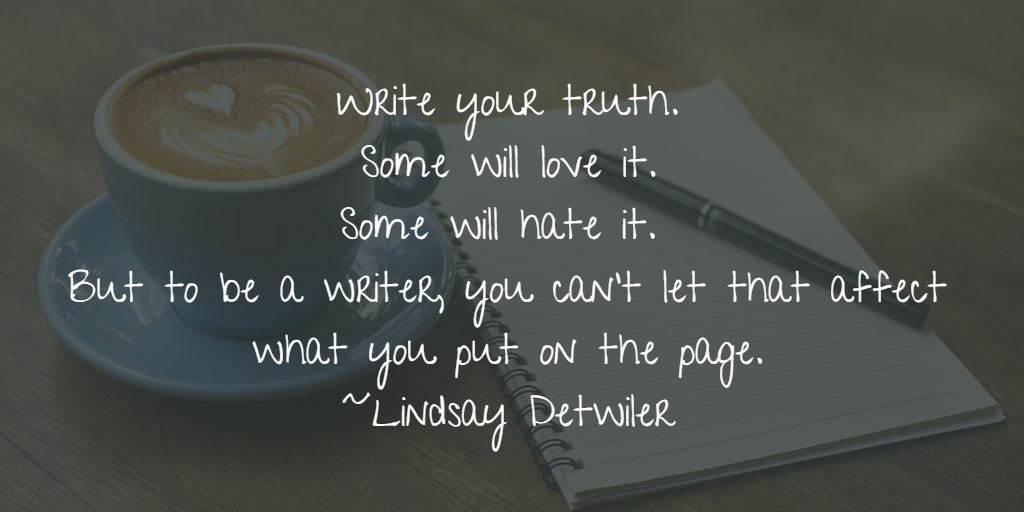
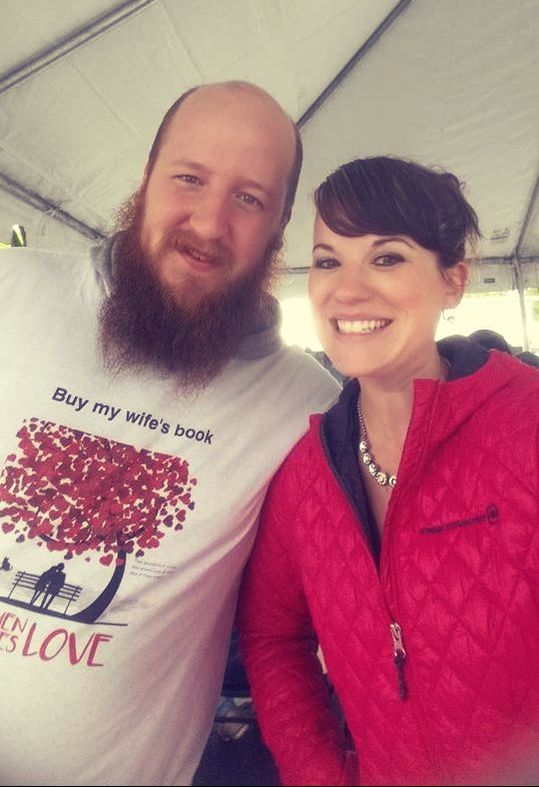








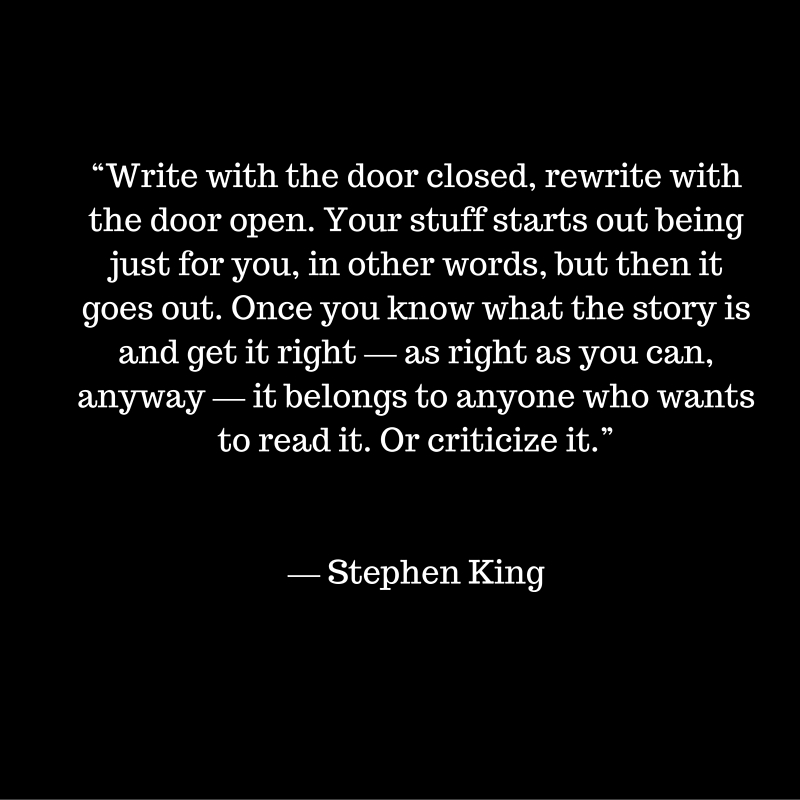
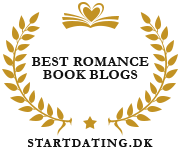


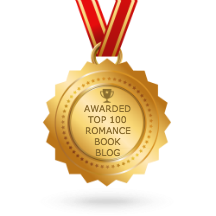
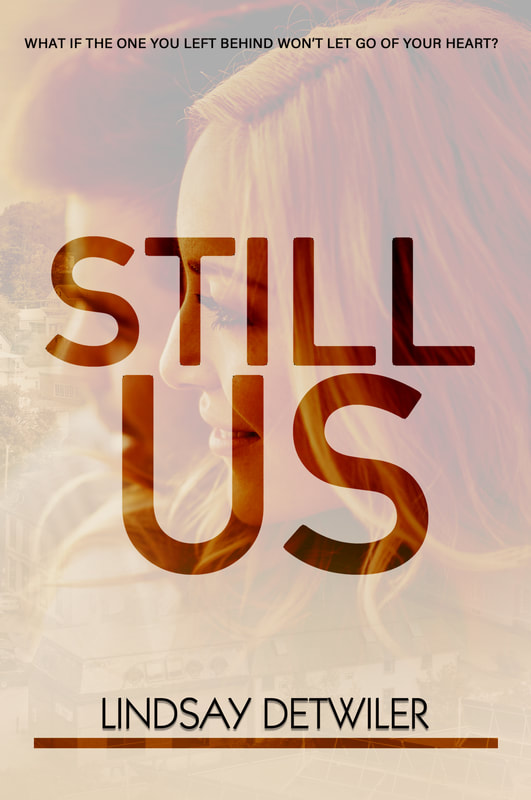

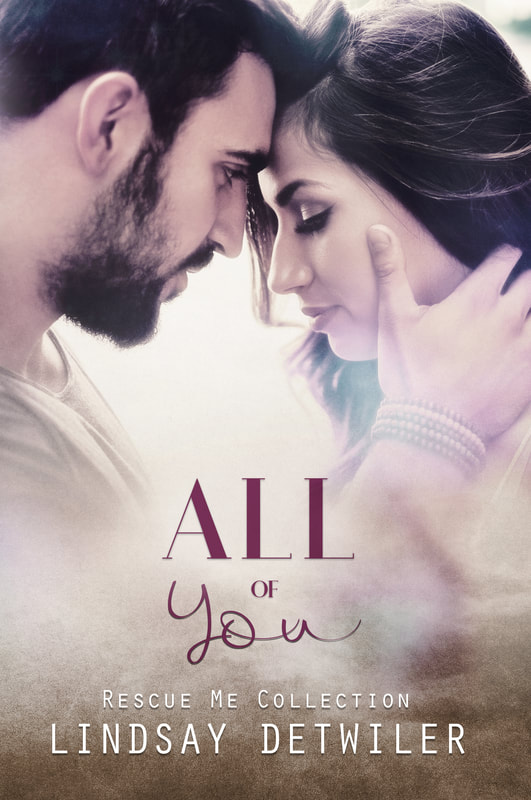
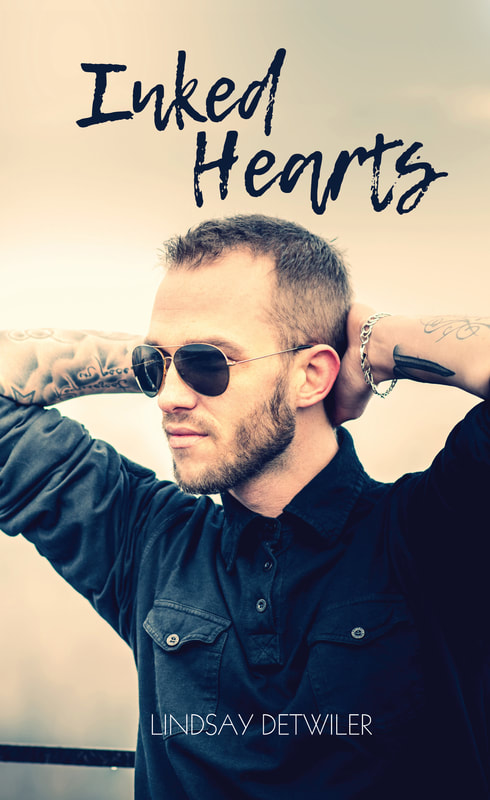
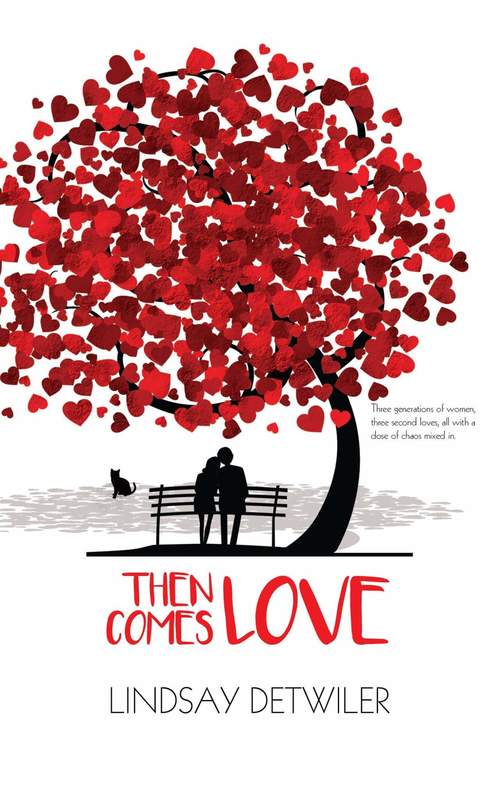

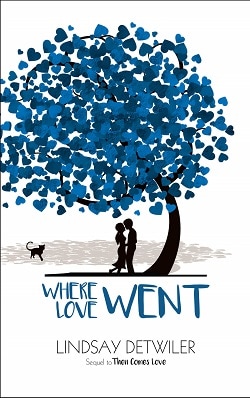
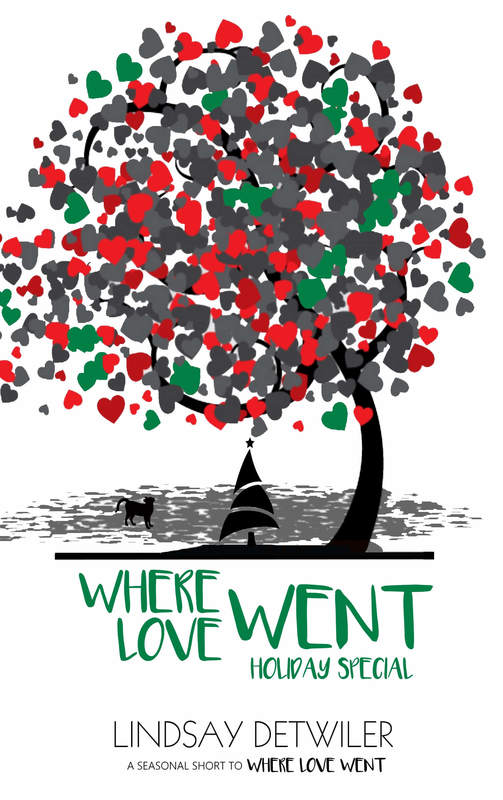
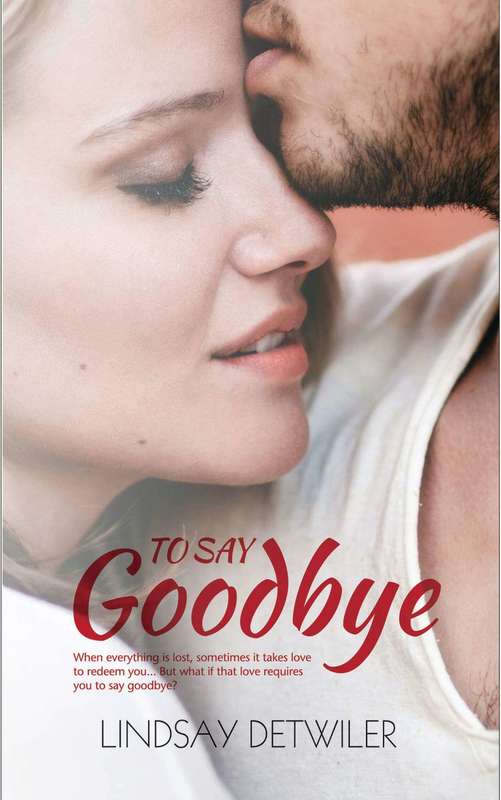
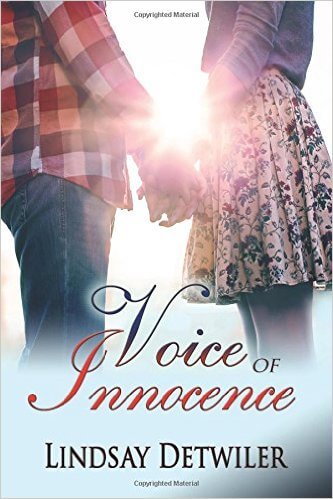
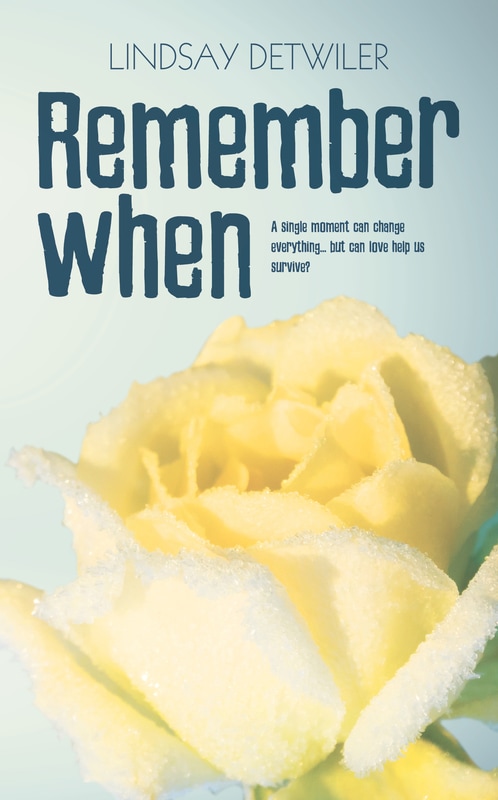
 RSS Feed
RSS Feed